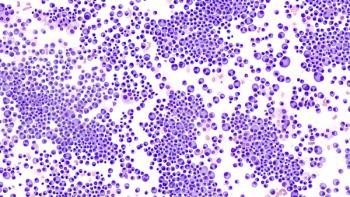
Safety findings were also improved when compared with the previous CARTITUDE-1 study, suggesting the therapy may be better tolerated in earlier lines of therapy.

Safety findings were also improved when compared with the previous CARTITUDE-1 study, suggesting the therapy may be better tolerated in earlier lines of therapy.
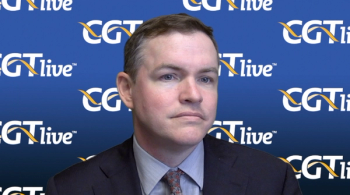
The director of the Lymphoma Clinical Research Program at University of Texas MD Anderson Cancer Center discussed the implications of overall survival data that he presented at ASCO’s 2023 conference.
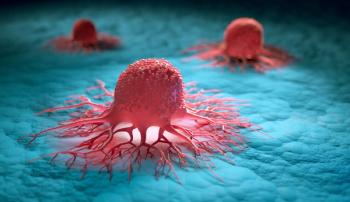
The study began enrollment in January 2023.

Additionally, promising efficacy signals were reported—namely response rates and disease control rates—in the phase 1 clinical trial (NCT04429087) data that were presented at the 2023 ASCO Annual Meeting.

The professor of medicine and pediatrics at Washington University in St. Louis discussed updated survival data from SPEARHEAD-1.
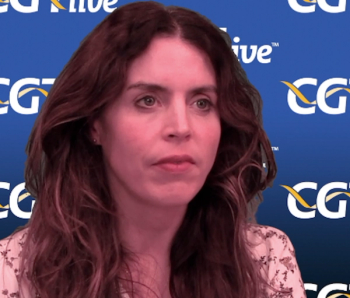
The associate professor in haemato-oncology at University College London discussed Autolus Therapeutics’ CAR-T, which utilizes a novel fast off-rate CD19 binding domain.
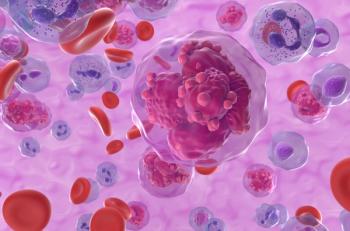
Among 94 patients who were treated with obe-cel in the trial, 76% achieved a CR or CRi.
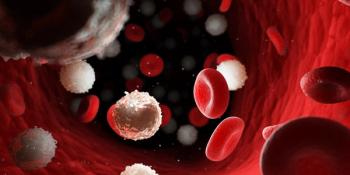
Among 70 patients who were able to be evaluated for efficacy at 28 days or more, 91% achieved a complete response or a complete response with incomplete hematological recovery.
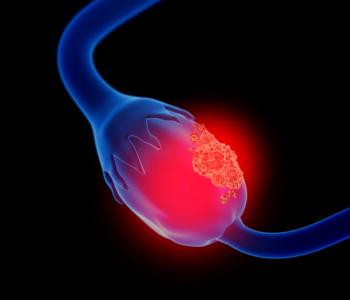
Follow-up data were presented from the discontinued phase 3 OVAL study.
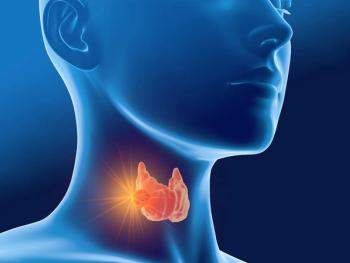
There were no DLTs observed among the treated patients.

Maria Pia Morelli, MD, PhD, assistant professor at MD Anderson Cancer Center, discussed the first-in-human study of Sleeping Beauty TCR-T cells.
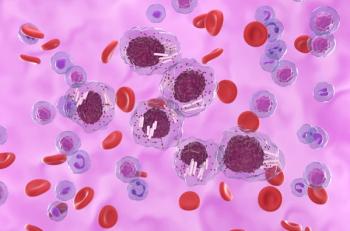
Among 49 patients who were included in the trial’s primary efficacy analysis set and received dose-level 2, the CR/CRi rate was 18.4%.
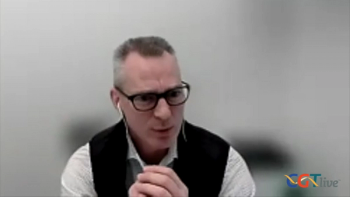
The chief scientific officer at Omega Therapeutics discussed positive preclinical data presented at ASCO 2023.
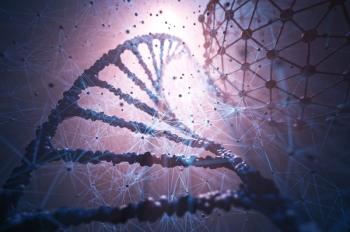
Genprex also announced preliminary data from the phase 1 portion of the trial evaluating Reqorsa, which is being presented at ASCO’s 2023 meeting.
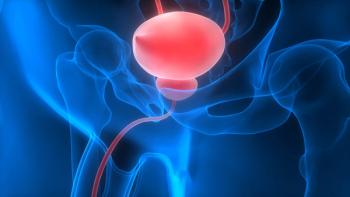
By 3 months, 12 of 17 patients treated with a full cycle of EG-70 achieved a complete response.
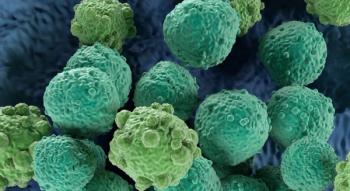
At a median follow-up of 24 months, the best ORR achieved was 77.6% among 58 evaluable patients with large B-cell lymphoma treated with relma-cel.
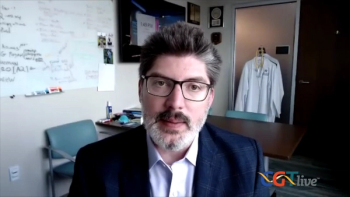
The vice-chair of the Department of Blood and Marrow Transplant and Cellular Immunotherapy at Moffitt Cancer Center discussed more work to be done with CAR T-cell therapies.

The vice-chair of the Department of Blood and Marrow Transplant and Cellular Immunotherapy at Moffitt Cancer Center discussed positive data seen with tisa-cel, liso-cel, ide-cel, cilta-cel, and brexu-cel.

The chimeric antigen receptor-modified autologous T cells targeting CLDN18.2 had a manageable safety/tolerability profile and promising efficacy.
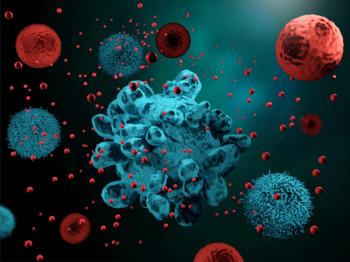
100% overall response and complete response rates were seen in patients treated with prior CD19 CAR T-cell therapy.
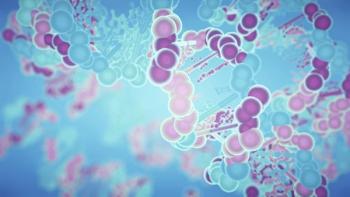
Overall response rate was 41.7% and median progression free survival was 7.2 months.
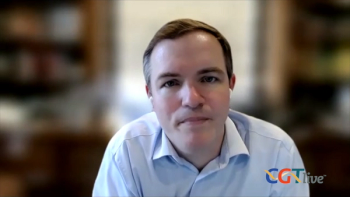
Jason Westin, MD, FACP, leader, DLBCL research team, MD Anderson Cancer Center, discussed results from the ZUMA-7 trial at ASCO 2022.
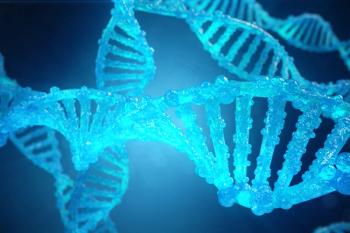
69% of patients followed up for at least 1 year continue to have an ongoing response.
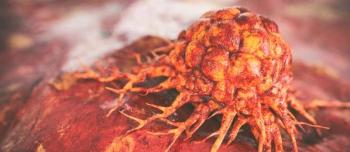
Three of the 9 patients who received the infusion demonstrated best overall response of Stable Disease, and investigators determined dose level 2 to be the biologically effective dose.
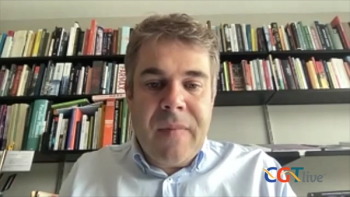
Niels van de Donk, MD, PhD, professor, Amsterdam University Medical Centers, discussed positive findings from cohort B of the CARTITUDE-2 study.
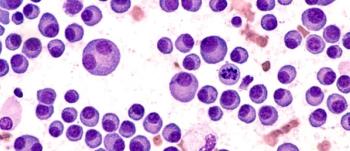
Regardless of bone marrow cellularity, bone marrow minimal residual disease (MRD) negativity at month 1 correlated with deep response and prolonged PFS.

Melissa Alsina, MD, gave a talk on novel CAR therapies, targets, and approaches at the 2022 ASCO meeting.

Findings from the US-based study align with results from a phase 1b/2 study completed in China of CT041 in patients with gastric and gastroesophageal junction adenocarcinoma.
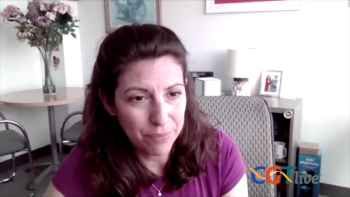
The assistant professor of medicine at University of Pennsylvania Hospital stressed the importance of tumor sequencing.

The phase 1, open-label, single-arm study demonstrated favorable safety and robust efficacy for the autologous GPRC5D-directed CAR-T cell therapy.